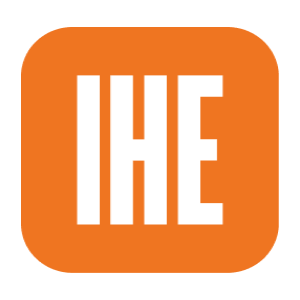In a recent announcement, two Virginia universities have confirmed that they will not be requiring Diversity, Equity, and Inclusion (DEI) classes for their students, despite initial plans to do so following a review by the state’s governor. The decision comes after facing pushback from their respective boards of trustees, highlighting the ongoing tensions surrounding the implementation of DEI initiatives in higher education.
The University of Virginia (UVA) and Virginia Tech were among the schools that had initially proposed adding DEI classes to their curriculum in response to calls for greater inclusivity and understanding on college campuses. However, after Virginia Governor Glenn Youngkin ordered a review of such initiatives in higher education institutions, both universities have decided to reverse their plans.
The move has sparked controversy and debate among students, faculty, and community members, with many expressing disappointment and frustration over the decision. Advocates for DEI education argue that these classes are essential for promoting diversity and tolerance, as well as fostering a more inclusive learning environment for students from all backgrounds.
On the other hand, critics of mandatory DEI classes argue that the curriculum should focus on academic rigor and intellectual diversity, rather than social justice issues. They also claim that such mandates infringe on freedom of speech and academic freedom, particularly when it comes to controversial topics like race, gender, and sexuality.
The decision by UVA and Virginia Tech to forego DEI classes also raises questions about the role of government intervention in higher education and the influence of political ideology on academic policies. As Governor Youngkin continues to scrutinize DEI initiatives across the state, it remains to be seen how other universities will respond and whether similar controversies will arise in the future.
In the meantime, students and faculty at UVA and Virginia Tech will need to navigate the complexities of diversity, equity, and inclusion without the structure of mandatory classes. While some may choose to engage in DEI education through extracurricular activities or independent study, others may feel disillusioned by the lack of institutional support for these crucial issues.
Ultimately, the decision by UVA and Virginia Tech not to require DEI classes reflects larger debates about the purpose and priorities of higher education in today’s society. As universities grapple with the balance between academic freedom and social responsibility, it is clear that the conversation around diversity, equity, and inclusion will continue to shape the future of higher education in Virginia and beyond.



